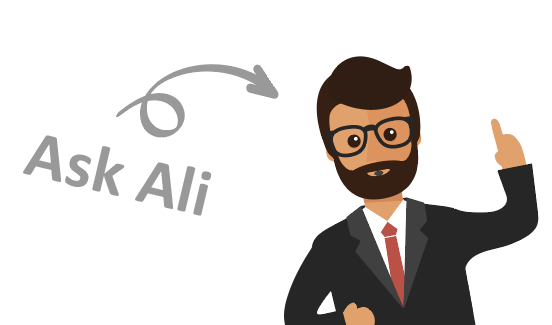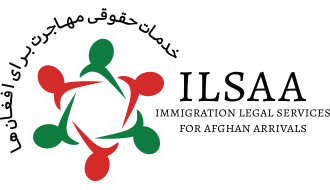How Do I Protect Myself from Legal Scams?

Listen to this conversation. Download Transcript.
Sayed is looking for a lawyer to help him navigate the U.S. immigration system. His English isn’t great, and he’s not sure who he can trust. He has heard of Afghans in the United States who have received bad advice or have been taken advantage of by “fraudsters”. This caused problems and delays with their immigration cases and cost them money. Let’s find out how Sayed can protect himself from legal scams and bad advice.

I know I need an immigration lawyer, but I am suspicious of scams or getting bad advice that could cost me money or hurt my case.

Hello, Sayed. You are right to be careful when looking for legal assistance. Unfortunately, there are dishonest people who pose as lawyers to try and take advantage of Afghan immigrants, usually for money.


How can I tell the difference between a real lawyer and one of these “fake lawyers”?
Well, the good news is that they can be easier to spot once you know what to look for. For example, anything that sounds impossible or too good to be true is probably a scam.


Yes, I have heard of this happening: An Afghan friend of mine was approached by a man who offered him U.S. citizenship in 10 days. But that’s not even possible, right?
Exactly! That is a perfect example, since it sounds too good to be true. And it leads us to another thing to look out for: if someone makes guarantees about the outcome of your case or how long it will take to reach resolution, that is a warning sign. Real lawyers cannot make promises or predictions about time frames or case outcomes.


Anything else I should look for?
One last thing I would advise is to be wary if anyone offers you legal services in exchange for a favor. Legitimate immigration lawyers will never accept a favor, a bribe, or an outrageous fee in exchange for providing any services or outcomes. Money is the only legal method of payment when engaging a lawyer for their services, and you should always confirm the cost with an organization or someone you trust. The U.S. Citizenship and Immigration Services website has more information on finding trustworthy legal service providers.


Thanks, Ali. I understand what you are saying about looking for signs that someone is a fake lawyer. Are there other things I can do to protect myself?

Absolutely, Sayed. The number-one thing you can do to protect yourself is to ask lots of questions of a potential lawyer.


Wouldn’t asking too many questions potentially offend my lawyer or show that I do not trust them?
While that is an understandable concern, I assure you, no legitimate lawyer will mind you asking questions. They will understand your position and will be happy to demonstrate that they are worthy of your trust.


How will they do that?
A legitimate lawyer will answer your questions willingly and without hesitation. So, if approached, you should always ask, “Why are you reaching out to me?” and find out how they got your contact information.


I have Afghan friends who use the internet to see if someone is who they say they are.
That is definitely a smart thing to do. Virtually all legitimate lawyers should be searchable on Google, with their names and contact information listed on the internet. You may also ask to see their license from the state, which is sometimes called a “bar card.” And always ask a prospective lawyer, “How do I get back in touch with you?” Lawyers should be accessible to their clients and not difficult to contact.


What should I do if I or someone I know is approached by one of these fake lawyers?

The U.S. Federal Trade Commission has a website that makes it easy to report these types of scams using a simple online form. They also have good advice about additional ways you can protect yourself from fraud.

Not All Bad Legal Advice Comes from Fake Lawyers
Sometimes a friend or relative may want to give you advice based on having gone through similar experiences with their immigration case. These people are sincerely trying to help you.

That’s why it’s important to find legitimate legal service providers from government-funded organizations who are knowledgeable about current immigration laws regarding Afghans.

